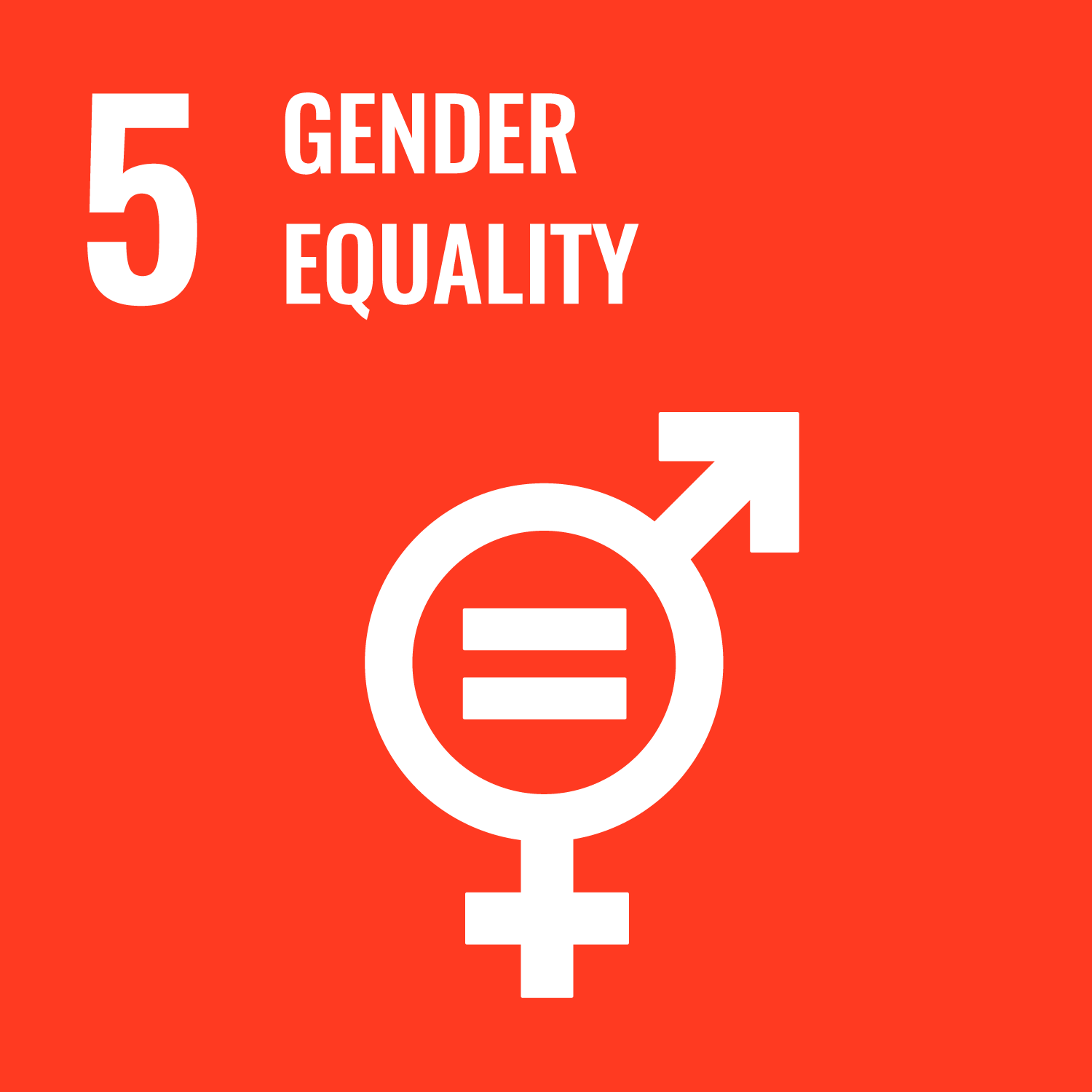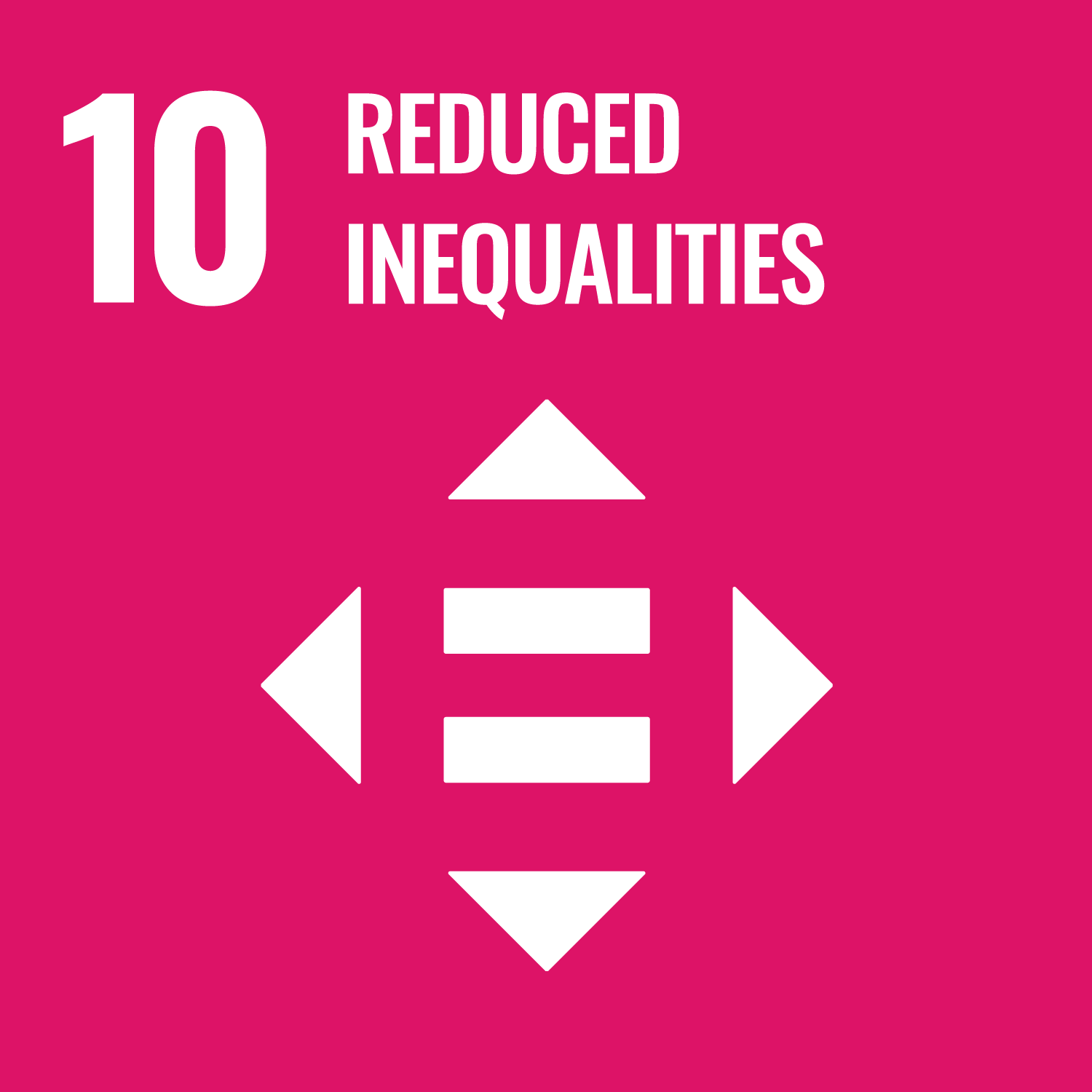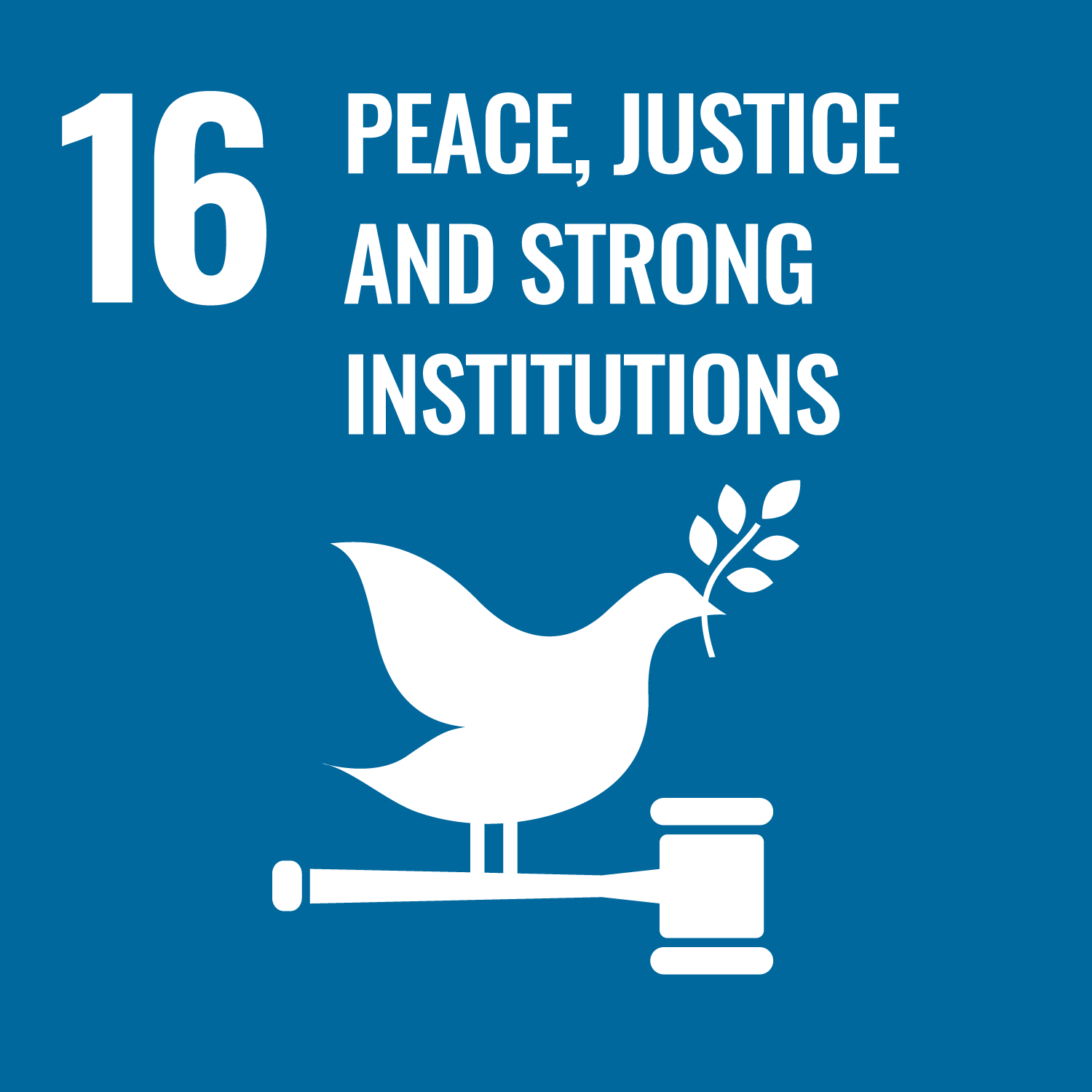Waheed, S. orcid.org/0000-0003-1531-6123 (2025) Encroaching cities, enduring inequalities: navigating gendered land governance and symbolic violence amidst urban-encroachment and spatio-economic transitions in Peri-urban Pakistan. GeoJournal, 90. 241. ISSN: 0343-2521
Abstract
This study explores the evolving dynamics of gendered land-governance amidst landscape and socio-economic transitions such as urban-encroachment. Despite forming 67% of the agricultural workforce, Women own just 4% of the land in Pakistan. With spatial and economic landscape transitioning from agriculture to an urban-industrial economy, a surge in land sales to the real-estate and development sector has been observed in Pakistan. This transition poses a fundamental threat to the economic security and agency of women, as they lack ownership and influence in land-transactions. Drawing on situational analysis of qualitative data from Rawalpindi city and its semi-urban villages in Northern-Punjab province, this study aims to advance the understanding of how symbolic violence perpetuates gendered exclusions in land distribution, explores the conditions and strategies through which women negotiate agency within structural constraints, and scrutinizes how simultaneous urban-encroachment and urbanization influence gender norms and land-governance. Expanding on frameworks of symbolic violence, relational autonomy, and gendered spatiality, the findings reveal that symbolic violence sustains women’s exclusion by framing their marginalization as culturally-legitimate. Temporary matrifocal roles enable limited autonomy, often fostering equitable resource-distribution, but remain constrained by systemic patriarchy. Moreover, urban-encroachment and urbanization introduces hybrid-governance systems intersecting statutory norms with traditional practices, yet patriarchal structures persistently adapt to maintain control. Nevertheless, urban influences spark modest attitudinal shifts signaling gradual transformative potential. By centering women’s experiences, the findings imply the need for structural reforms, grassroots-mobilization, gender-sensitive policies and legal protections accompanied with cultural-shifts to address entrenched disparities and promote inclusive development in similar transitional contexts.
Metadata
| Item Type: | Article |
|---|---|
| Authors/Creators: |
|
| Copyright, Publisher and Additional Information: | © The Author(s) 2025. This is an open access article under the terms of the Creative Commons Attribution License (CC-BY 4.0), which permits unrestricted use, distribution and reproduction in any medium, provided the original work is properly cited. |
| Keywords: | Peri-urban landscapes, Gender inequality, Inheritance, Landscape transitions, Matrifocality, Rural–urban dynamics |
| Dates: |
|
| Institution: | The University of Leeds |
| Academic Units: | The University of Leeds > Faculty of Education, Social Sciences and Law (Leeds) > School of Sociology and Social Policy (Leeds) |
| Date Deposited: | 01 Oct 2025 13:25 |
| Last Modified: | 01 Oct 2025 13:25 |
| Status: | Published online |
| Publisher: | Springer |
| Identification Number: | 10.1007/s10708-025-11491-6 |
| Sustainable Development Goals: | |
| Open Archives Initiative ID (OAI ID): | oai:eprints.whiterose.ac.uk:232405 |




 CORE (COnnecting REpositories)
CORE (COnnecting REpositories) CORE (COnnecting REpositories)
CORE (COnnecting REpositories)